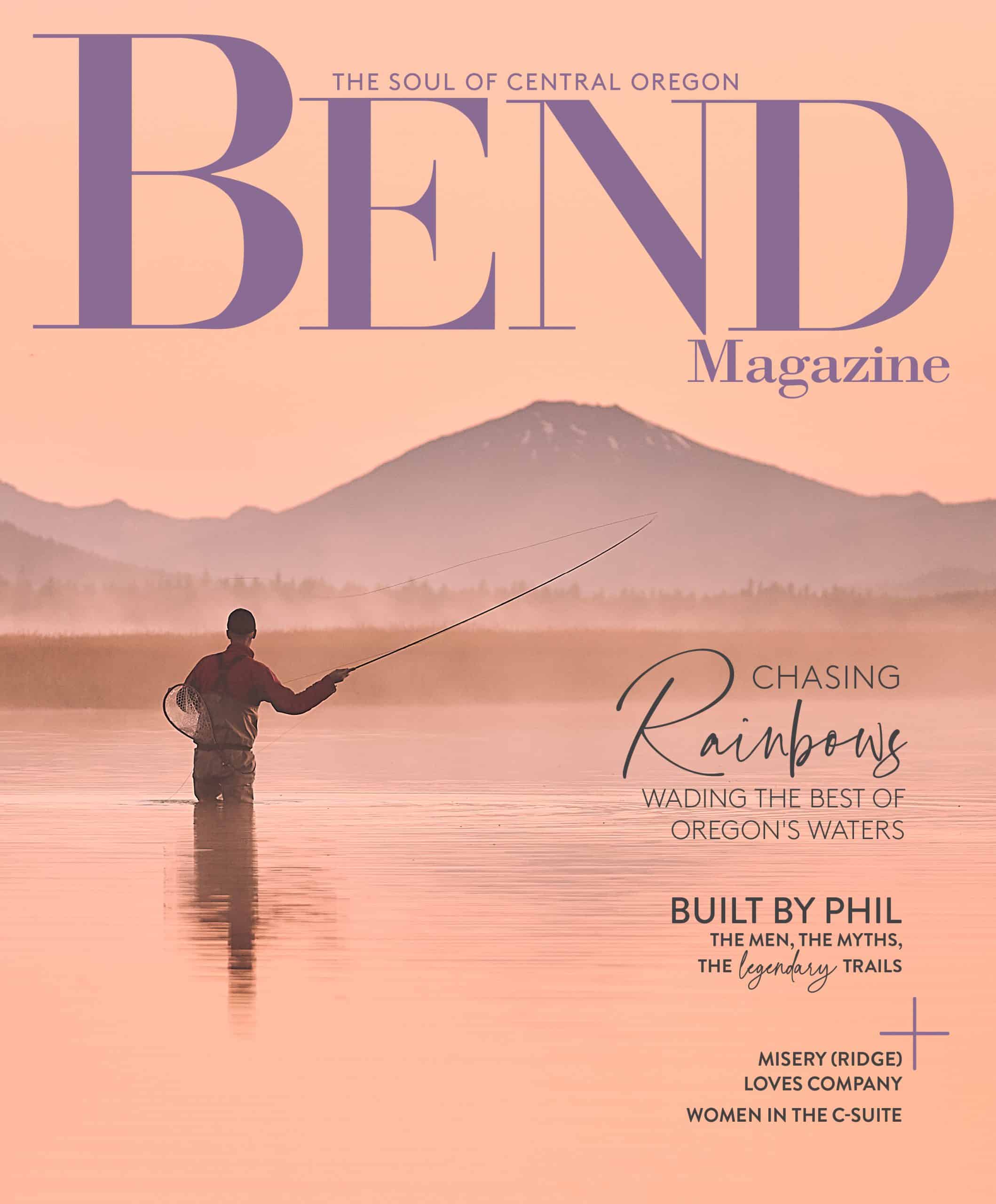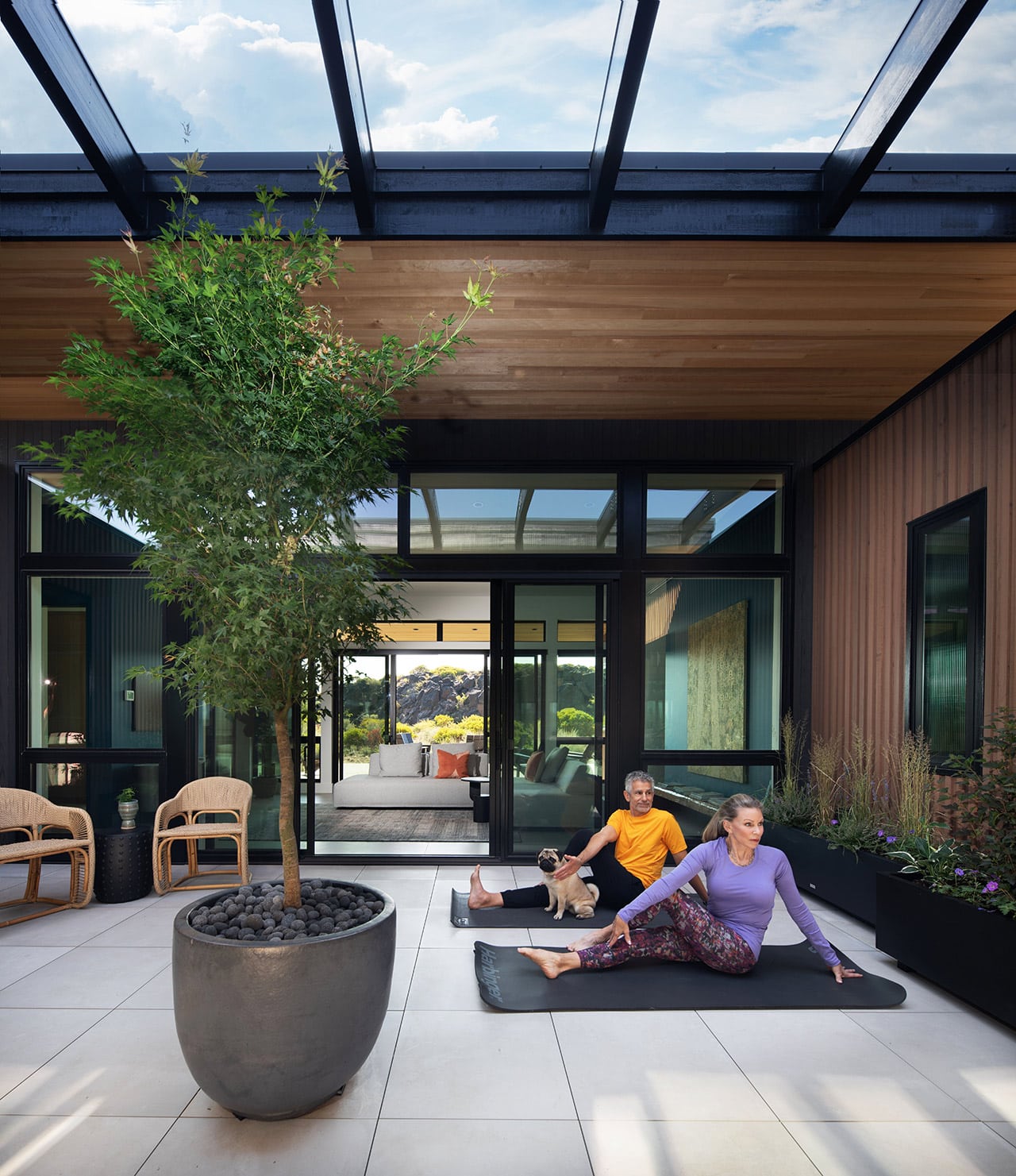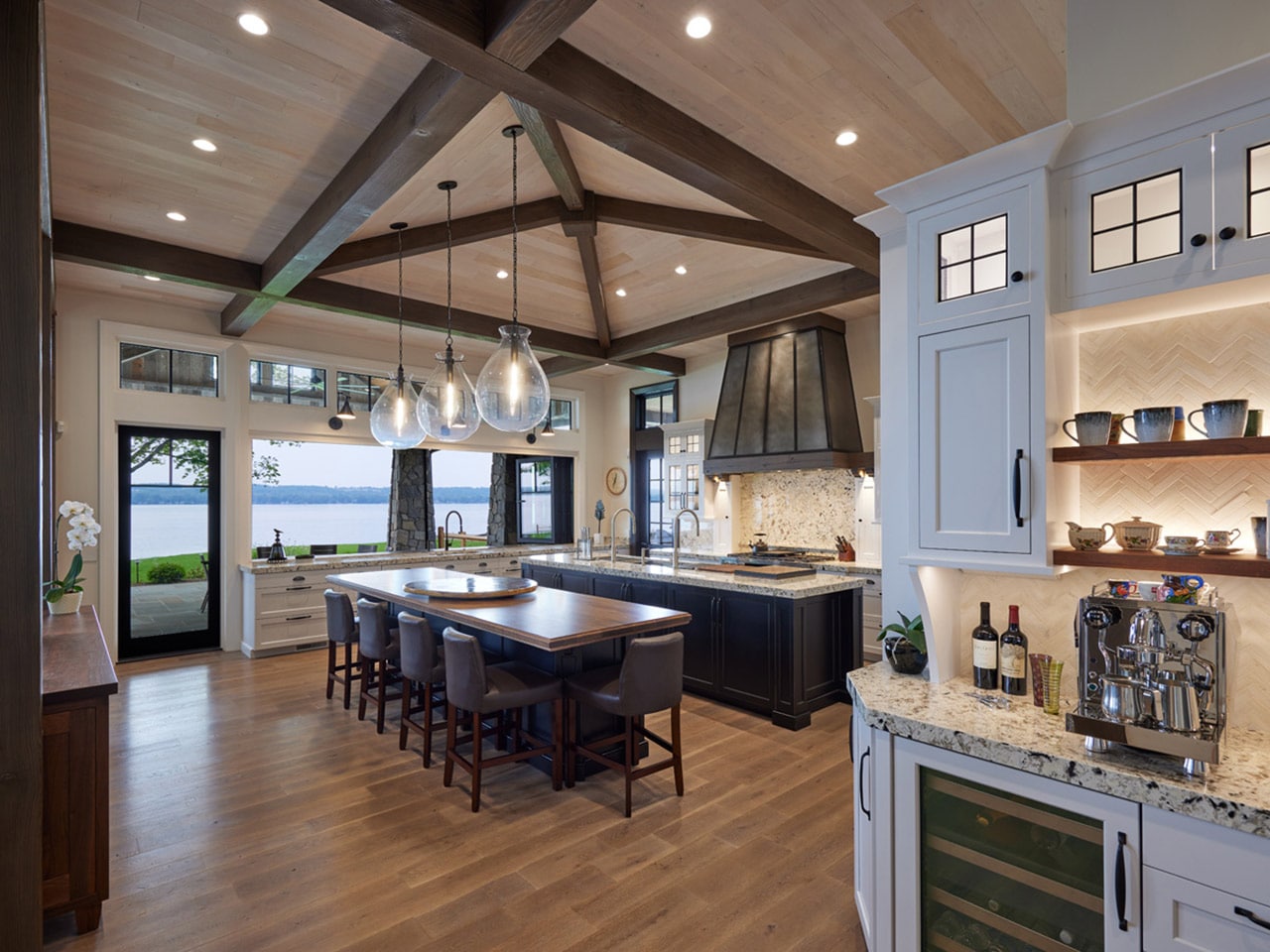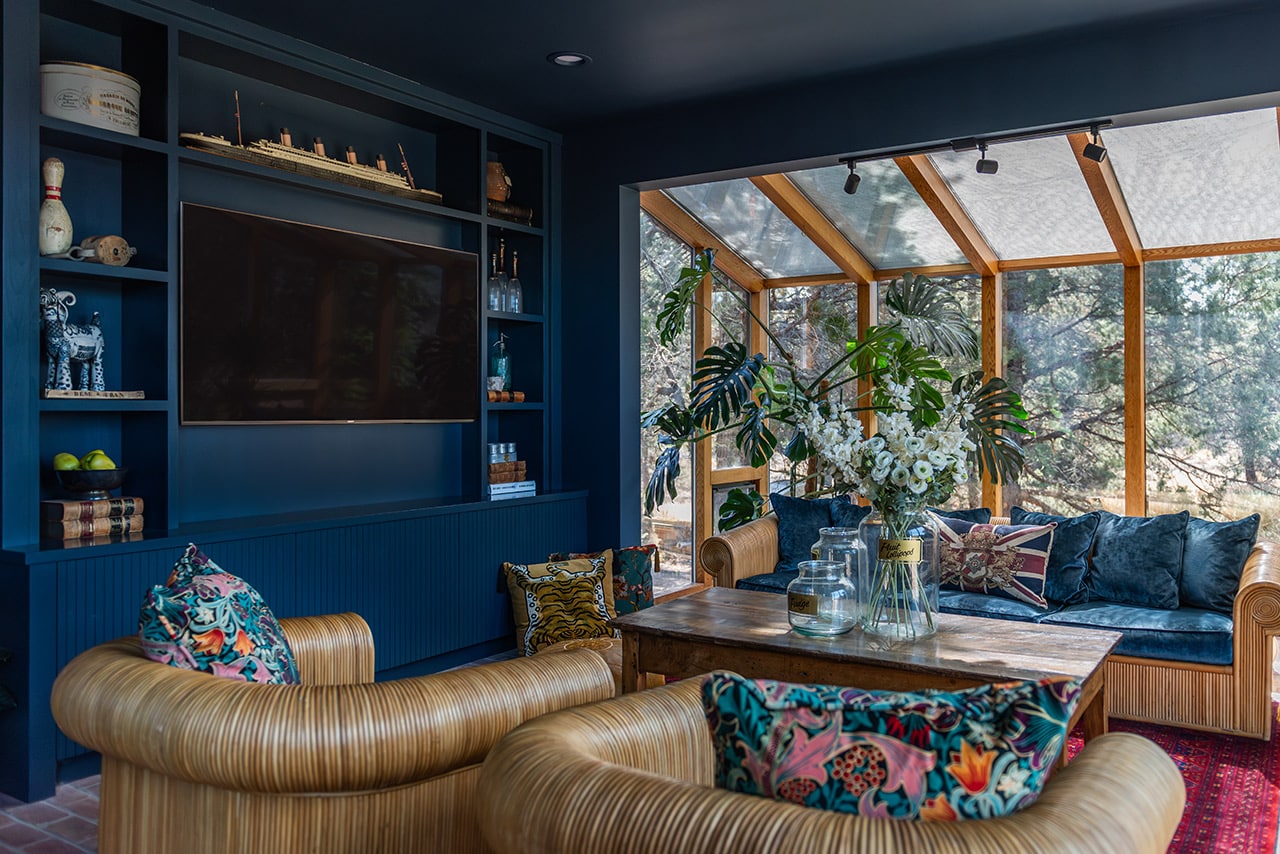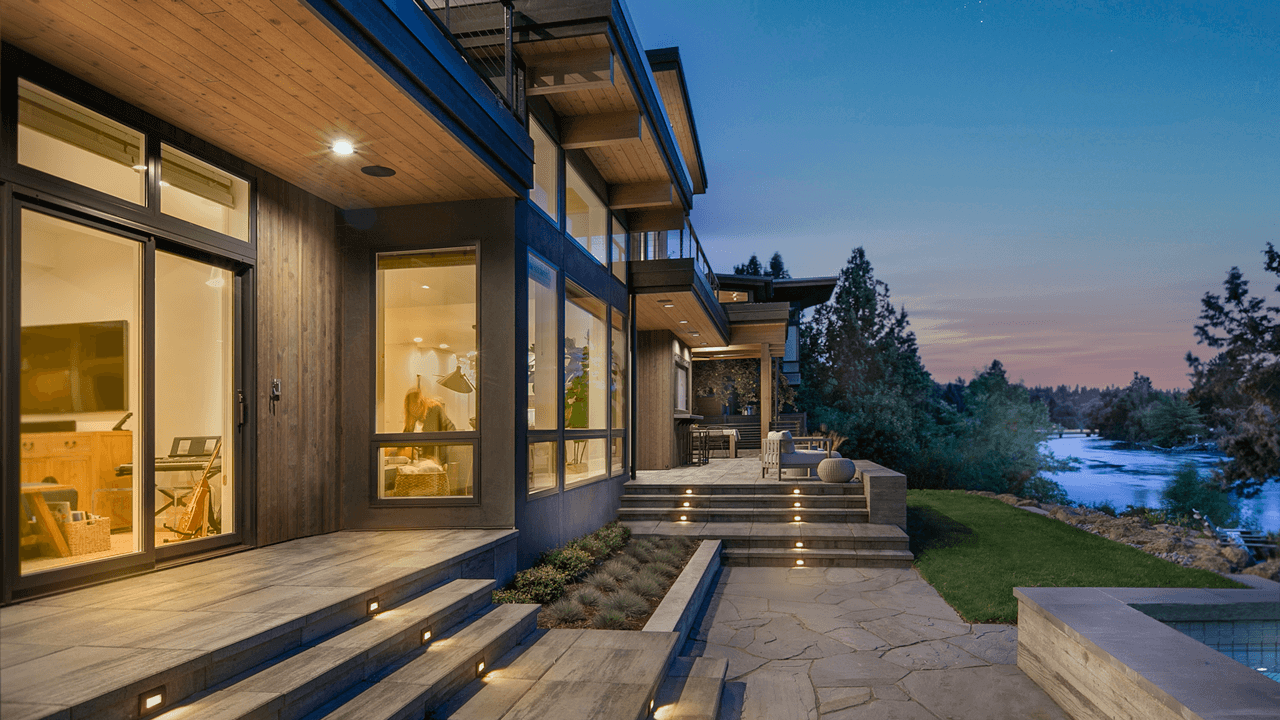In the modern era, it’s difficult to ignore the call for sustainability.
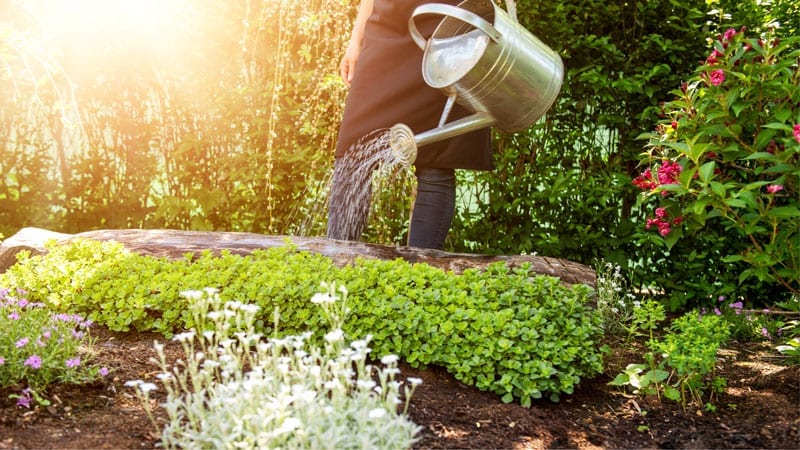
Everywhere we look, we can find tips on how to incorporate ways to be easy on the planet into our lives, and even into our gardens and landscapes. Bend Home + Design sat down with Denise Rowcroft, School Gardens Program Manager with The Environmental Center in Bend, to gather a few tips on making your own personal outdoor space a little better for you, our earth and everyone else that we share this planet with.
Planting for Pollinators
Pollinators like butterflies help keep an ecosystem healthy and in balance. How can we help our winged friends do so? Plant milkweed seeds. “Flowers are the runway that attracts pollinators to your yard,” said Rowcroft. Butterflies love the delicious milkweek nectar, and will pick up pollens to spread in the process.
Composting
Composting takes stuff you already have—organic matter from your kitchen or garden—and decomposes it to return it to the soil, enriching that soil in the process. Plus, composting means you don’t have to pay the trash man to take away your kitchen scraps. Consider a backyard composting bin or a worm bin for your yard or garage. “If you live within the city limits of Bend or Redmond, you can toss fruit and veggie scraps into your yard debris bin,” said Rowcroft. Then the trash man WILL take it away to recycle it into compost for you.
Get to Know Your Irrigation System
Even if you have landscapers who take care of most of the complicated stuff, it’s a good idea to understand your watering system. Does the forecast call for rain for the next five days? Consider shutting the irrigation down for a while. Is your system watering in the middle of a hot summer’s day? Check out the City of Bend website for regulations and advice about watering when it makes the most sense in terms of time of day, as well as when it will have the least demand on the city’s water system.
Seek out alternatives to chemicals
A quick google search will deliver recipes using common—and harmless—substances to keep pests away from your yard. Ants hate coffee grounds; aphids will avoid banana peels. Staying away from deadly chemicals is healthier for the beneficial insects and animals that like to visit your yard, and for the humans that live there too.
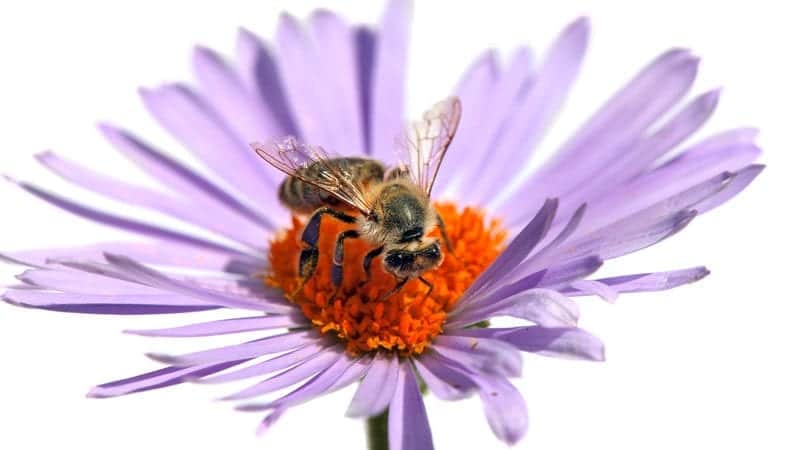
Be nice to the weeds
Well, you don’t have to be nice to all of the weeds. But consider this—the very first dandelions of the season might look like bad news to you, but they are great news for the bees. “Those early yellow blooms are the first food the bees find after a long winter,” said Rowcroft. “Consider leaving the first few alone. You can pull up the ones that come later.”


